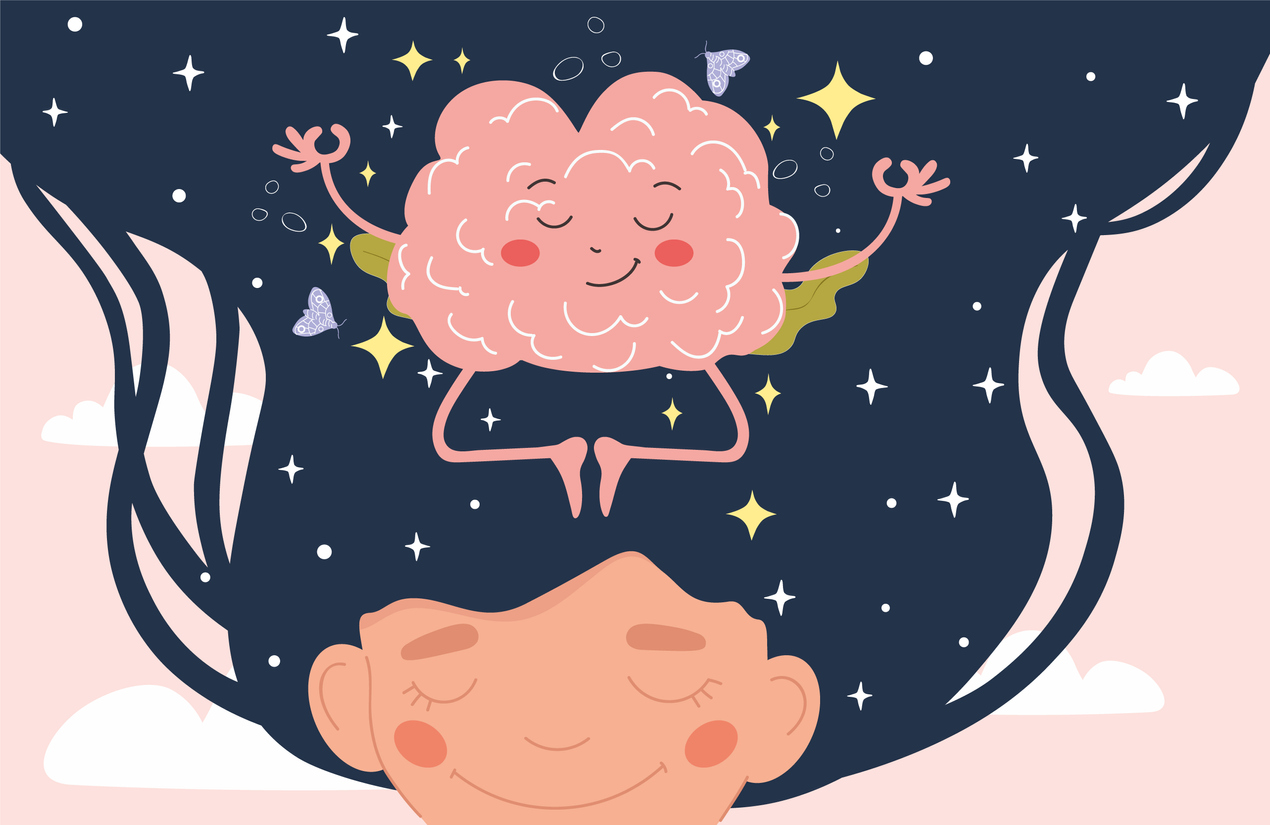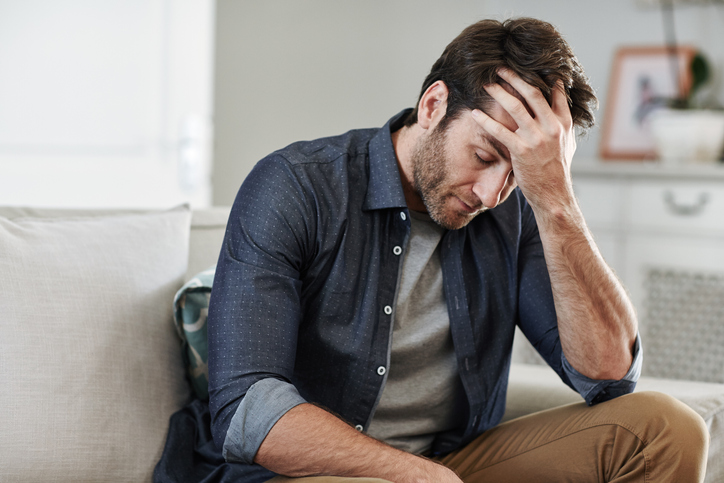Living with Chronic Pain
The Effects of Isolation on Mental Health
Source: American Psychological Association, Centers for Disease Control and Prevention, Healthline, WebMD, Healthline

39 people found this helpful
Print
Share
Save
Isolation from others (loved ones, family, friends, coworkers, etc.) can have a negative effect on mental health. Lack of social connections can lead to feelings of loneliness.
Over time, loneliness can lead to other symptoms:
- Decreased energy
- Sleep disturbances
- Difficulty concentrating
- Feelings of restlessness
- Feelings of hopelessness or worthlessness
If isolation and loneliness are severe or long-lasting, mental health effects are generally more pronounced. Loneliness is associated with increased risks of depression, anxiety and suicide. Specifically, loneliness has a significant impact on the risk of developing depression.
Tips to help avoid isolation
Here are some tips to help avoid isolation in order to prevent loneliness and decrease the risk of negative mental health effects:
- Make social connections. If in-person connections are not possible, phone calls, texts, video calls, or social media interaction can be beneficial. Religious services and cultural events may also be available online.
- Consider speaking with a professional counselor. A counselor can provide mental health support, including healthy coping strategies for feelings of loneliness, anxiety or depression. Telehealth and online sessions are becoming increasingly available. Online support groups are also an option.
- Help others. Helping others often provides a sense of connection and purpose. Many organizations offer volunteer opportunities, both virtually and in-person.
- Make self-care a priority. Self-care promotes a healthy mind and body. Examples of self-care include engaging in physical activity, getting adequate sleep, eating a healthy diet, and spending time outdoors. A healthy body and mind are better prepared to deal with any negative effects that may develop due to isolation.


















